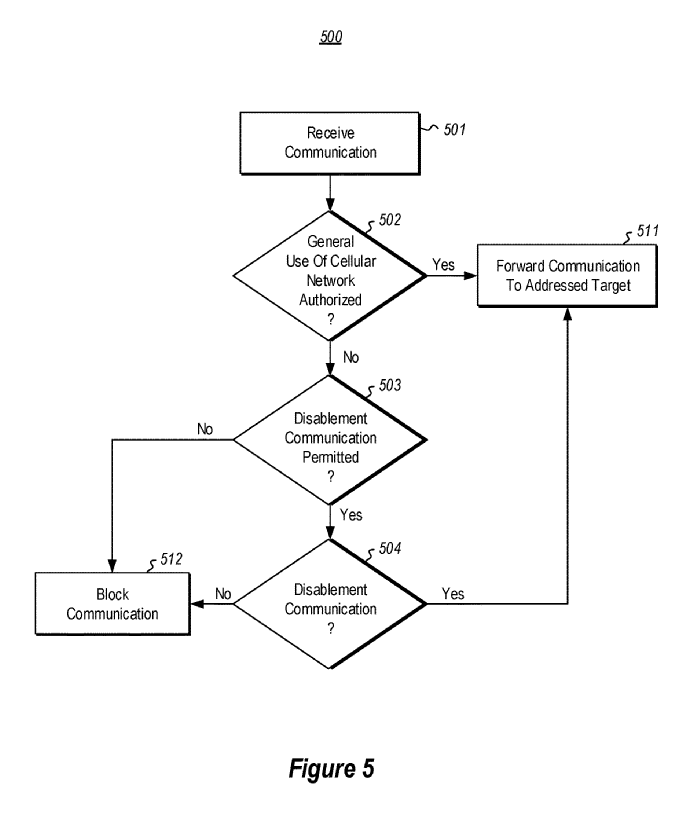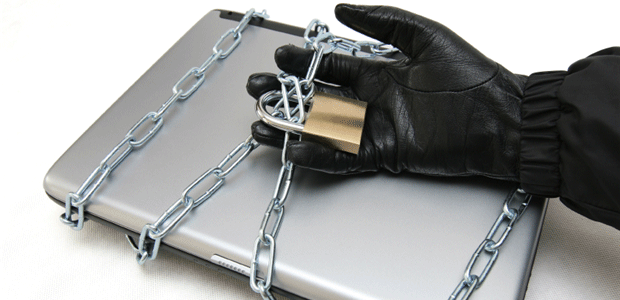When Apple introduced anti-theft measures for the iPhone so thieves couldn’t wipe the device and conveniently sell it off, it set off a major movement in the smartphone industry. Today, most smartphones are well-protected in this manner, which dramatically reduces the chances of theft for the purpose of re-sale. Microsoft seems to have something similar in mind for its future Surface devices that will be running on cellular components on a cellular network.
According to a patent that was recently published, Microsoft could deploy a system wherein a signal can be sent to a stolen PC to effectively lock the device and disable resetting it.
But how will that work?
There’s a very clear trend that Microsoft is trying to set in the world of mobile devices, and that’s the use of cellular technology to ensure that the device is always connected. The first such devices could be released as early as this year. Interestingly, this could be the Surface Mobile or Cellular PC, more popularly known as Surface Phone.
Once the devices are running on cellular networks rather than WiFi, a similar system to the one used in smartphones can be deployed. This will allow a signal to be sent even if SIM connectivity is removed. Think of how you can still make emergency calls when you have no network coverage on your phone.
And that seems to be the gist of Microsoft’s patent.

Of course, that’s going to have certain implications, such as privacy concerns for users of Surface laptops, tablets and other mobile devices. Location tracking will be possible even if the OS is set to the equivalent of Airplane Mode, for example.
While that would be a welcome trade-off for some people, it might not be the same for others.
As with any patent, there’s no guarantee that this technology will make it to the production stage. However, there’s a chance that Microsoft could deploy this in future cellular-based Surface mobile devices and use the ‘high security’ aspect as a USP for marketing.
Thanks for visiting! Would you do us a favor? If you think it’s worth a few seconds, please like our Facebook page and follow us on Twitter. It would mean a lot to us. Thank you.
Source: MSPU




